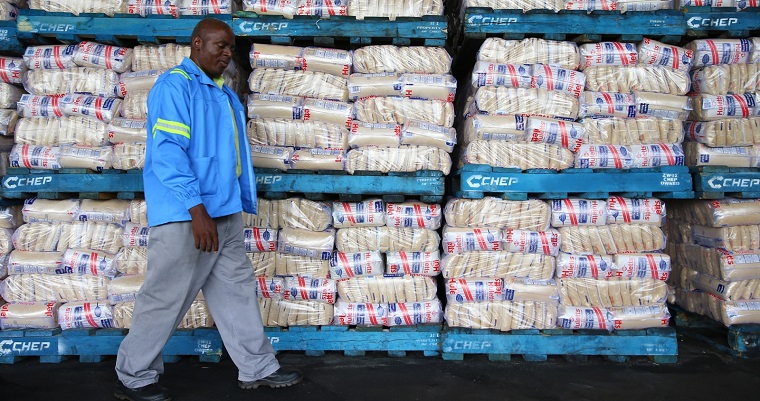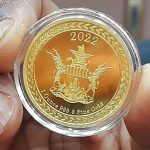 In 2017, when Barclays sold its Zimbabwe business to FMB Capital, a foreign bank, it became political fodder.
In 2017, when Barclays sold its Zimbabwe business to FMB Capital, a foreign bank, it became political fodder.
At a rally, Kudzanai Chipanga, then leader of ZANU PF’s youth league, screamed: “We are worried that Barclays is being bought by a foreign bank instead of locals. This raises the risk of foreigners sabotaging us.”
Opposition figure Tendai Biti, a former Finance Minister, chimed in with a dash of vintage Zimbabwean exceptionalism. “Malawi is one of Africa s poorest countries,” he said. “When one of its banks buys a major Zimbabwean bank, something is not right in the motherland.”
George Guvamatanga, who had headed the bank for years, was leading a consortium that was hoping to buy the bank. In the end, FMB and Barclays still got the OK and the deal went through.
Fast forward a few years later, and the political push for locals to be front in line for any acquisitions is strong. If a number of deals in recent years are anything to go by, that push may be getting stronger.
Under President Emmerson Mnangagwa, government’s strategy when major assets go on sale seems, increasingly, to be “keep it at home”.
From a cement company, a sugar estate to a big bank, when investments come up for sale, the signal from government has been that it prefers for sellers to look around for favourable local buyers first.
Here is what we have seen over recent times.
Tongaat Hulett: No sweet deal
Tongaat Hulett runs into trouble after some of its executives in South Africa decide to sweeten their company accounts. Zimbabwe’s Hamish Rudland almost takes over the company by offering to underwrite a rights issue. The deal falls through after opposition from shareholders and a sustained public campaign against Rudland. The company’s administrators then announce they are selling their assets to Karega, a mid-size Tanzanian sugar producer.
Zimbabwe’s Treasury Secretary, George Guvamatanga, writes to the company telling them; you denied us the chance to buy this asset. It is of strategic importance to us. We are not sure this new investor will honour commitments made to Zimbabwe. These commitments include a plan to jointly expand plantations, which will benefit thousands of smallholder farmers. Guvamatanga slyly reminds Tongaat that they need the government as a friend if they are to hold on to their tenure or water rights.
The government does not want the sugar estates in new hands. In Zimbabwe, Tongaat produces over half the country’s sugar, and the thousands of farmers who are part of the outgrower scheme are an influential political base.
Standard procedure
In April 2022, Standard Chartered decides to divest from a number of businesses in Lebanon, Angola, Cameroon, Gambia, Sierra Leone, Zimbabwe, Jordan, and Tanzania.
Access Bank of Nigeria offers to buy the African businesses from Standard Chartered, including the one in Zimbabwe, according to press reports. Access Bank does succeed, buying all the African business, save for one – Zimbabwe. Another offer for the Zimbabwe business comes from the Vista Group, a financial services company based in Guinea. But, in negotiation with regulators in Zimbabwe, StanChart realises that the buyer has to be local.
The winning buyer is FBC Holdings, the country’s fourth largest bank by lending, which has put up US$34 million to take over Standard Chartered Zimbabwe.
Continued next page
(164 VIEWS)

